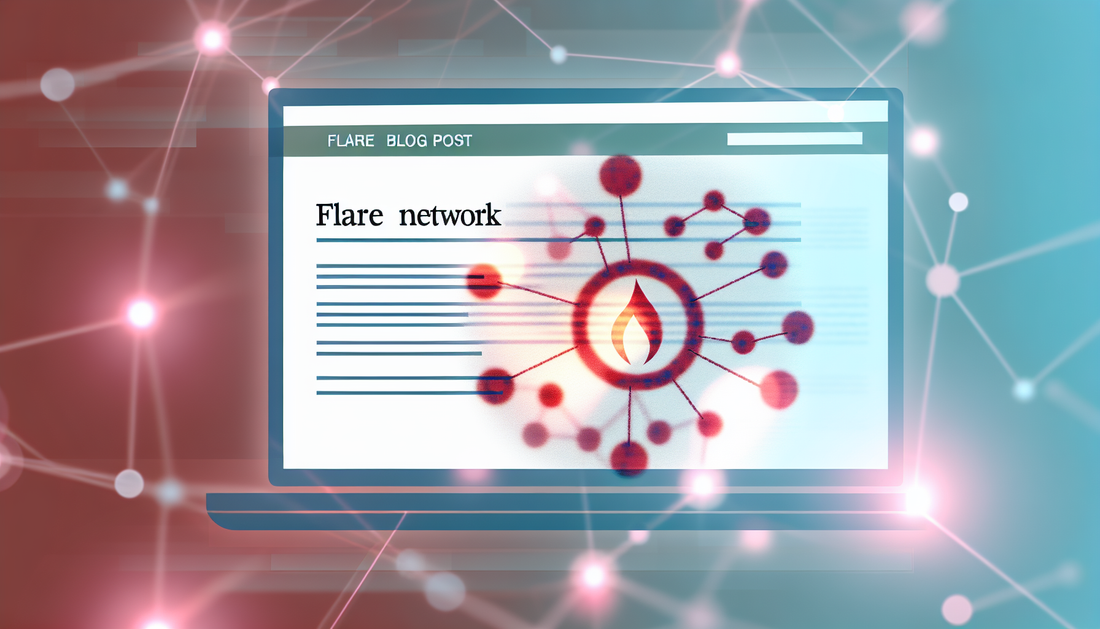
Empowering Community: Governance in Flare Network
Share
Governance in Flare Network: A Key Component to Decentralization
The Flare Network, often represented by its native token FLR, is gaining attention for its approach to decentralized governance. Governance is a crucial aspect of any decentralized platform, and Flare Network is no exception. Unlike traditional corporate structures where a centralized entity makes decisions, Flare Network aims to empower its community to participate actively in its operations and future developments.
Understanding Decentralized Governance
At its core, decentralized governance in the Flare Network allows stakeholders to propose and vote on changes within the network. This might include protocol upgrades, changes in operational projects, or strategic financial decisions. The goal is to create a transparent system where every participant has a voice, ideally leading to decisions that reflect the interests of the community at large, rather than a select few.
The Role of FLR in Governance
The FLR token plays an essential role in governance. Token holders can use their FLR to vote on various proposals, influencing the direction in which the network develops. Each token represents a vote, which means that stakeholders with a higher number of tokens have a more significant influence over the governance process. This structure promotes engagement and accountability among the network's participants.
Potential Challenges in Flare Governance
Though decentralized governance has its advantages, it also faces challenges. Ensuring equitable participation is one such challenge. Large stakeholders might disproportionately influence decisions, a challenge not unique to Flare but prevalent across decentralized platforms. Additionally, mobilizing token holders to participate actively in governance can be difficult; many stakeholders may not be informed or invested enough to make critical decisions.
Comparison with Other Blockchain Governance Models
Flare Network's governance model is part of a broader trend towards decentralization in the blockchain space. For instance, [NKN's Visionaries: Redefining Decentralized Networking](https://bestdapps.com/blogs/news/nkns-visionaries-redefining-decentralized-networking) explores how NKN is implementing decentralized governance. Similar patterns can be observed across various blockchain initiatives, indicating a significant shift in how digital communities organize and operate.
The Future of Governance in Flare Network
As Flare Network continues to evolve, governance will remain pivotal in ensuring the network's adaptability and relevance. Advocating for more inclusive governance mechanisms and continuous experimentation could further legitimize and strengthen the network's community-driven approach.
For those interested in participating in or closely monitoring this space, services like [Binance](https://accounts.binance.com/register?ref=35142532) offer platforms for trading and engaging with assets like FLR, providing a direct line into the evolving world of blockchain governance.
